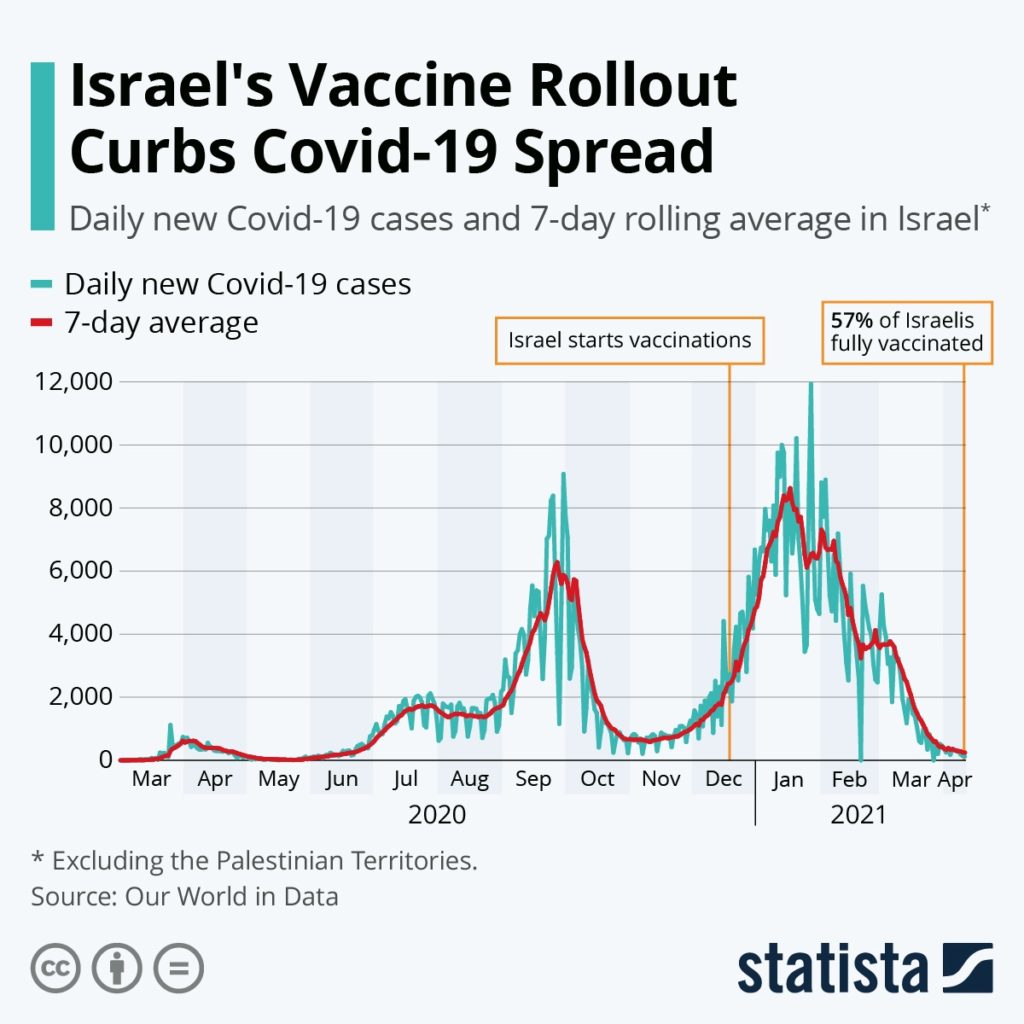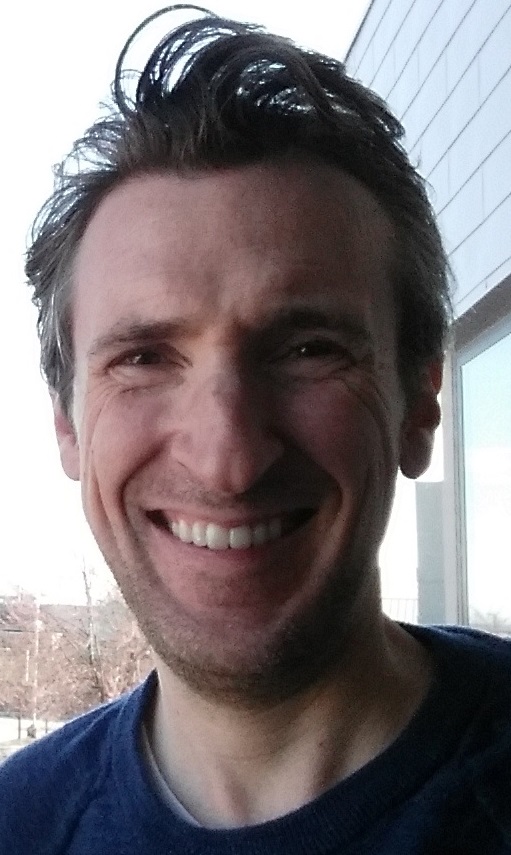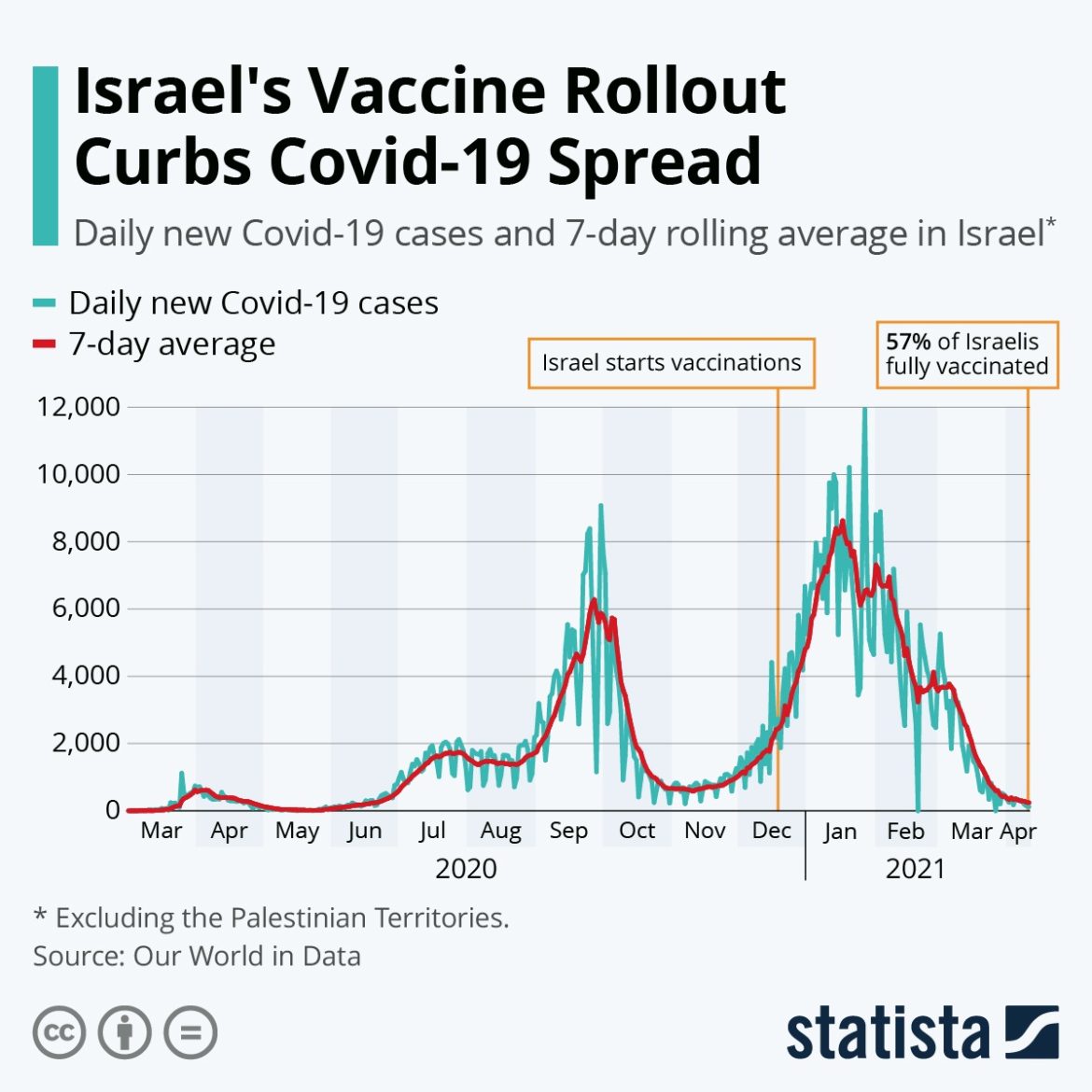This post is not going to be about vaccines, but it’s going to end in a pro-vaccine pitch, thus the picture you see.
But onto that later…
A study in Psychiatry Research proposes a new phenomenon that makes a lot of sense — “COVID-19 anxiety syndrome.”
So what is it?
To put meat on the bones, it’s not leaving the house because of COVID fears, constantly checking symptoms even though you’re not in a high risk situation, and avoiding people or social situations.
Clinical conditions like depression, anxiety, OCD, or PTSD can heighten your risk for developing COVID-19 anxiety syndrome. Or there’s a possibility that COVID-19 Anxiety Syndrome could even lead some to develop those conditions.
More research on that final point is needed.
Medical News Today notes that any disaster (environmental, geopolitical, pandemic) can trigger the onset of new mental health conditions. So why not this one?
Kimberly Drake has a really fantastic read on this very un-fantastic phenomenon, and I say that as someone who’s struggling reintegrating myself.
The research study would suggest it’s because I’m a neurotic person (true) and that my existing anxiety and OCD make me an attractive candidate for COVD-19 anxiety syndrome (also, true).
The study doesn’t answer, however, whether the pandemic triggers new clinical cases of anxiety or OCD or PTSD, although depression and anxiety have exploded during the pandemic.
The question is whether these will be on-going conditions, or disappear when the pandemic does.
Regardless, even though the researchers would probably call “Covid-19 Anxiety Syndrome” a different (though overlapping construct) from “re-entry anxiety,” a massive number of Americans are suffering from reentry anxiety.
As of April 2020, nearly 50% of Americans are worried about it, and those who are vaccinated are just as likely to be anxious about getting back into the daily as those who aren’t.
One more thing, and I’ll use a personal example.
I got the JnJ vaccine, and am envious of all you Pfizer snobs and Moderna folks who do, empirically, boast superior protection against the disease.
Why did I get JnJ? As someone with a lot of allergies, I was irrationally deterred from the MRNA’s. And now I regret choosing JnJ, because I’d like more protection.
But what does that tell you?
Nothing really, except this. That I’m a neurotic person, which means my vaccine groaning goes with the territory, and our particular circumstances on this thing don’t matter as much as our personality and pre-existing mental health, or our newly triggered conditions.
A leopard doesn’t change his spots after a pandemic, nor a zebra his stripes, and often the pandemic can make them spottier and stripier.
And that’s what’s going on right now. For a lot of us. Almost 50%!
One expert on anxiety from the University of Pennsylvania says there are two broad categories of people struggling with reentry — those who have a “lurking fear” they’ll catch the virus, despite vaccination or prevalence. And, two, those who are introverts and have now added caps lock to that. INTROVERTS.
(I’m in the “lurking fear” category, but it’s at cross purposes with the fact I love to be with people).
So how do mental health professionals suggest we tackle this?
One idea is those two dreaded words: “exposure therapy.”
Ryan Sultan, an assistant professor of clinical psychiatry at Columbia University‘s Irving Medical Center, said, “The longer people avoid things that are making them anxious, the harder they will be to overcome.” Sultan recommends confronting these re-entry anxieties through “exposure therapy,” in which a person safely confronts the source of their fear.
That’s not to say you should “go from staying locked in your apartment to taking the subway,” Sultan said, but rather that you should consistently set small goals for yourself that progressively get you closer to what you find threatening or uncomfortable.
Stefani Goerlich, a psychotherapist, echoed those recommendations. “Slow, acclimatizing experiences are better than jumping into the deep end and being unprepared for how you may respond,” she said. It’s important to remember that “we have been through a collective trauma over the last year,” she added, so you should “be as gentle with yourself as you would with anyone else who has just experienced a traumatic event.”
https://www.advisory.com/en/daily-briefing/2021/03/30/reentry-anxiety
Other suggestions include staying away from triggers (news) and finding someone you love who won’t mock you for getting a vaccination and still staying away from everything.
And for my fellow Christians, I’m not going to “Be anxious for nothing” you, because if you have clinical anxiety and are a Christian, you’ve probably spent ten million hours, already, with that verse.
God uses many ways to comfort us, and medication and talk therapy are extremely helpful ones.
There’s one more component about all this, and it’s an extremely sad one.
It’s now estimated that nearly 1 million Americans have lost their lives to COVID-19, and many more have seen them irrevocably changed.
Globally, there have been over 3 million deaths, but that number is probably much, much higher due to massive underreporting in certain countries.
This is carnage.
And for those who’ve witnessed it in any fashion, give yourself some grace for feeling unnerved. You’re not strange. You’re human. You’re human in the most humane possible way.
If you were to read the Gospels and ask yourself what word you’d most associate with Christ’s heart, it would be “compassionate.”
He didn’t dismiss human suffering. He cried about it. He called himself the Great Physician and doctors aren’t indifferent to sickness.
One of the American evangelical church’s greatest contemporary stains — one that will haunt it for years to come — is a spirit of indifference to this Pandemic. A mocking spirit, even. A denial that Covid-19 is real, damaging and horrific.
And the incredibly unBiblical notion that personal freedom (e.g. “how dare you make me wear a mask?!”) is more important than love for the community.
It’s the natural extension of a church that seems to view itself as more American than Christian, or at the very least, put them on the same plane.
We say “God, country, family” in our twitter bios, but what do our tweets and posts show? Probably “Political Party, Country, Family.”
If the church is ever to repair the horrific trust it’s broken with the community during this pandemic, it must begin now.
And it should begin by having compassion on anyone struggling with reentry anxiety, by putting our neighbor’s health up there with our own.
And…. by turning off the slanderous conspiratorial videos that have called this pandemic a “plandemic” and led so many astray.
And if this post has shifted course from one devoted to “Covid-19 anxiety syndrome” and has ended on a pro-vaccination note, you’re absolutely right and I promised it!
Vaccination saves lives.
Potentially yours and your neighbors’, and nothing could be more loving (and, consequently, Christian) than that.
Here’s a chart of Israel and what’s happened after its vaccination campaign, via Statista.



